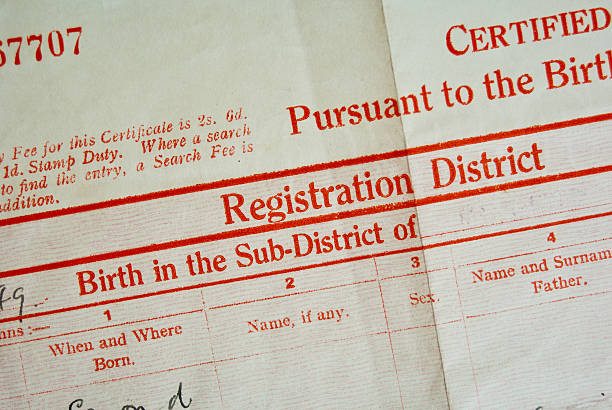Members will be required to specify the type of relationship with each dependant
By Rose Mukonyo
The Social Health Authority (SHA) has urged the public to update details of their dependants on its portal to ensure seamless service delivery at health facilities.
Speaking during a meeting with the County Executive Committee Members (CEC) Health Caucus in Nairobi on Saturday, Medical Services Principal Secretary Harry Kimtai noted that some members who had already registered on the portal had left out their dependents.
Kimtai said engagement with the CECs Caucus was vital in ensuring the successful roll-out of the new health financing system, as well as increasing enrollment since they are key stakeholders in the delivery of healthcare services.
“Together with the counties we will do sensitization where we have members of the public who have registered and have not added their dependants,” said Kimtai.
Members will be required to specify the type of relationship with each dependant and for those under the age of 18 years, the applicant must also provide a birth certificate.
He also said that the meeting with the CEC Health Caucus was to review performance and the challenges the system is facing.
“We have received a lot of feedback where we will come up with an action plan between the national government, Social Health Authority and the counties to form a team that will be able to spearhead this roll-out across the 47 counties,” said Kimtai.
One of the challenges facing the SHA system is user-related: Some members do not know how to upload birth certificates while others do not have them.
Veronicah Mutunga, a Community Health Volunteer at Kasinga Community Unit in Machakos County, said most of the residents registered under SHA do not have birth certificates for their children, and this has been one of the greatest challenges in registering them.
“We have been encouraging members to get their children’s birth certificates because many of them do not have them, while some have applied and have not been picked from the office of registrar of births,” she explained.
Mutunga, however, said they have been helping those facing challenges to upload their dependants’ birth certificates on the portal and that the number of those who are successfully updated has been gradually increasing.
Further, the PS assured the public that once the system is fully functional, SHA will offer more benefits not enjoyed under the NHIF.
The Social Health Authority has three funds as opposed to NHIF which had one fund. The Primary Healthcare Fund will cater for free medical treatment of patients registered under SHA at dispensaries and health centres.
Kimtai explained that those who will have paid their contributions under the Social Health Insurance Fund (SHIF) will get additional benefits such as outpatient, inpatient services, emergency care, mental illnesses care, and major surgeries.
The SHA contribution amounts to 2.75% of the household income and for those not on payroll, a fair premium will be determined based on their capability using a means-testing tool.
The third fund is the Emergency, Chronic and Critical Illness Fund which will offer emergency cover for all conditions like cancer, kidney diseases requiring dialysis and other similar ailments.
“For the first time since the enactment of the 2010 Constitution, the government will provide free emergency treatment to all Kenyans,” said Kimtai.
SHA is designed to offer quality and accessible healthcare for all Kenyans and has a digitization process designed to eliminate fraud.
Meanwhile, the comprehensive medical insurance scheme for public servants formerly provided by the National Hospital Insurance Fund (NHIF) has been temporarily extended until November 21, 2024, after Kenya Medical Practitioners, Pharmacists, and Dentists Union (KMPDU) threatened to go on strike unless the government reviewed the flaws in the new SHA health financing system rollout.
Dr Davji Atellah, the Secretary-General of KMPDU Friday told Willow Health that the transition from NHIF to SHA had led to significant challenges as “civil servants relinquished their medical allowance in 2011, which allowed them to have a comprehensive package of healthcare.”
Dr Atellah said civil servants lost all the benefits they enjoyed despite increased premiums as SHA contains a transition clause under section 5 prohibiting the provision of comprehensive insurance.
The Secretary-General said while the extension offers short-term relief, it falls short of addressing the broader healthcare gaps and uncertainties affecting public servants and Kenyans at large and “lack of clear long-term plans leaves workers vulnerable to further disruptions.”
Other key concerns the body holds are that “SHA is deducting more from workers’ salaries, but providing less. This is unacceptable, as workers are paying more for substandard services, threatening their well-being.”
-Additional reporting by Nancy Nzau





















